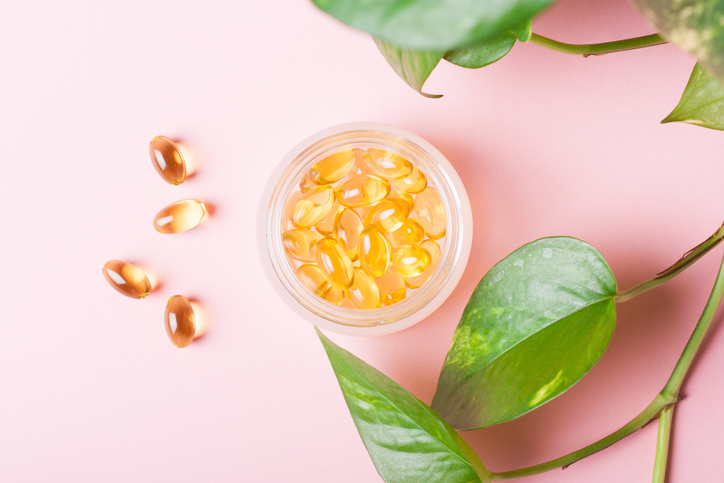Vitamin D is amazing. It makes our bones and teeth strong by regulating the absorption of calcium and phosphorus. It facilitates normal immune system function. It lowers the risk of developing Multiple Sclerosis (MS), heart disease, the flu, and type 2 diabetes. It assists in weight loss and can even stave off depression.
How do you make sure to get enough Vitamin D?
There are several ways. It is produced in your skin in response to sunlight. When consumed in your diet, the vitamin is absorbed along with fats. You can also get it through certain foods, like tuna, salmon, liver, eggs, cheese and Vitamin D fortified milk. Or you can do what many people do, and take supplements.

How do you know if you are deficient?
Your physician can do a simple blood test to determine if your Vitamin D levels are adequate. Levels of 50 nmol/L are adequate for most people for bone and overall health. Levels below 30 nmol/L might weaken your bones and affect your health. And levels above 125 nmol/L are too high and can cause other problems, like kidney stones.
Who is at risk for having Vitamin D deficiency?
Many people have trouble getting enough Vitamin D. As we age, our skin’s ability to make this important vitamin when exposed to sunlight declines. People who “over sunscreen” because of concern about skin cancer and wrinkles might not expose their skin to enough sunshine to make sufficient Vitamin D. Breastfed infants need a small supplement every day, as breast milk alone does not provide infants with adequate amounts. People with dark skin are also at risk because darker skin absorbs less Vitamin D. People with conditions that limit fat absorption are also at risk. Lastly, people who have undergone gastric bypass surgery may need supplements because of their altered digestive tract geography.

How do you know if you need a Vitamin D supplement?
If your blood test comes back low, discuss how much to take with your healthcare provider.
If you apply fastidious amounts of sunscreen or cover up outside, or if you spend most of your time indoors, talk to your doctor first to see if you need to take a supplement. Don’t fall victim to advertising for cure-all nutritional supplements. Taking excessive unnecessary supplements can be dangerous, not to mention a waste of money. In general, adults ages 19 year or older should take no more than 100 mcg or 4000IU’s per day. And lastly, Vitamin D supplements can interact with some medications, so be sure to check with your doctor before taking any supplements.
Bottom line, eat a healthy, well-balanced diet, spend time outdoors with sun protection, and make sure to see your physician for your yearly physical. An ounce of prevention is worth a pound of cure.
– E.C.T.





